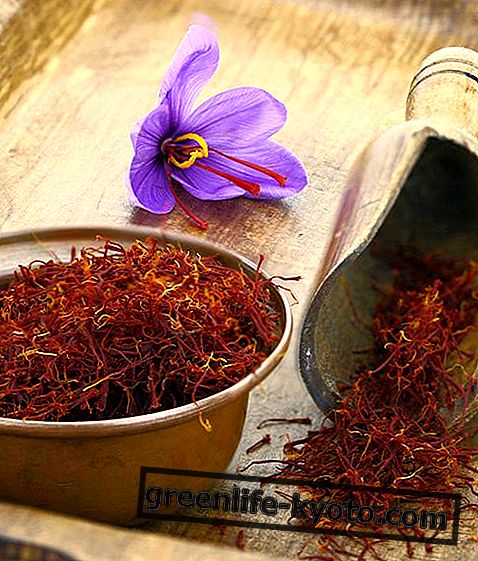
Who remembers the old advertisement "Against the wear and tear of modern life ..."? He said he was drinking a famous bitter made from Cynara Scolymus, or artichokes .
Separate commercials - among other things, the alcohol content of the drink in question is excessive for the health of the liver itself - it is known in many traditions that artichokes can have beneficial effects on the liver . But is there any scientific evidence regarding the effect of artichokes on liver health?
Artichokes and liver health: which link?
Of the artichokes it is said that "We eat the fruit, but we care with the leaves".
In fact the officinal substances - that is with positive effects on the human organism - of the artichoke are found in the leaves and in the plant, while in the preparation of the foods the fruit is used, the external fibrous and pointed leaves are removed. The method of administering the artichoke effective for the health of the liver will therefore be the artichoke extract .
In the plant and in the artichoke leaves are contained substances - such as sesquiterpenes, hydroxycinnamic acid and flavonoids contained in the leaves of the plant - with several functions: for example the caffeilchinici compounds which are able to stimulate the appetite and increase the secretion acid of the stomach, favoring the digestive processes .
Here are the main effects of artichoke extracts on liver health:
> choleretic functions: they stimulate the liver to produce bile, which is the substance needed to digest fats;
> cholagogue functions: stimulate the movement of bile from the liver towards the gall bladder and towards the gastrointestinal tract. They are used as a remedy to prevent the recurrence of gallstones in patients who have already suffered from it;
> cholesterol-lowering properties: they inhibit the synthesis of endogenous cholesterol in the liver and stimulate the elimination of the same cholesterol through bile.
However, pay attention to the side effects and contraindications of artichokes for liver health:
> sensitization reactions may occur in sensitive individuals ;
> the intake of artichoke should be avoided in the event of hypersensitivity to one or more components;
> avoid taking the artichoke in patients with biliary obstruction;
> avoid taking artichoke in patients with cholelithiasis (gallstones);
> given the abundant presence of inulin, the use of artichoke should be avoided in the case of abundant intestinal fermentation ;
> the use of artichoke extracts should also be avoided during lactation , due to possible reductions in the milky flow rate;
> we do not recommend taking artichoke even during pregnancy;
> avoid taking artichoke extracts together with gastrolesive drugs or other bitters, to avoid possible irritation of the gastroenteric mucosa.
Artichokes and liver health: how to use them
Scientific studies have highlighted the potential activity of artichokes in their form of herbal remedy, demonstrating the effect on the protection of liver function and fat reduction (triglycerides and cholesterol).
It is good to know that the therapeutic action of artichokes on the liver is not so much determined by the edible part of the artichokes, but by the substances extracted from the leaves of the artichokes and present in herbal artichoke extracts .
When using artichoke preparations, the doses of product to be taken may vary depending on the amount of caffeine compounds contained. This quantity is usually shown on the packaging or on the illustrative leaflet of the same product, therefore, it is very important to follow the indications provided.
In any case, before taking any type of preparation containing artichoke for therapeutic purposes, it is advisable to contact your doctor in advance.
Let's see in which forms the artichokes become beneficial for the health of the liver :
> standardized extracts in flavonoids and caffeic acid derivatives . As an indication, we recommend taking 500 mg of dry extract per day.
> homeopathic formulations: it can be found in the form of granules, oral drops and mother tincture. The artichoke is used in case of liver disorders, jaundice, liver cirrhosis, gastric upset, flatulence, abdominal swelling and stomach pain . The quantity to be taken may differ from individual to individual, also depending on the type of disorder and depending on the type of preparation.













